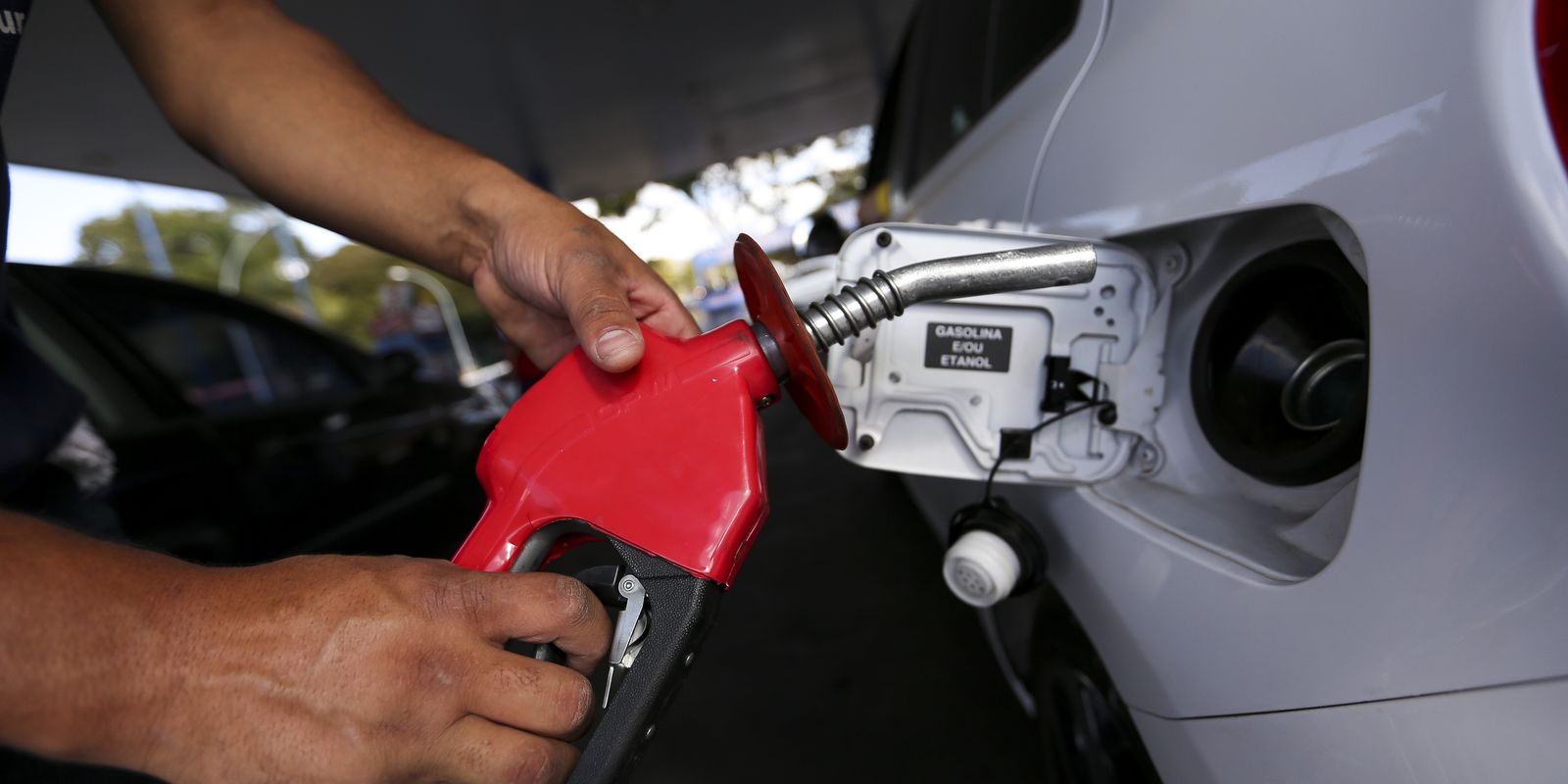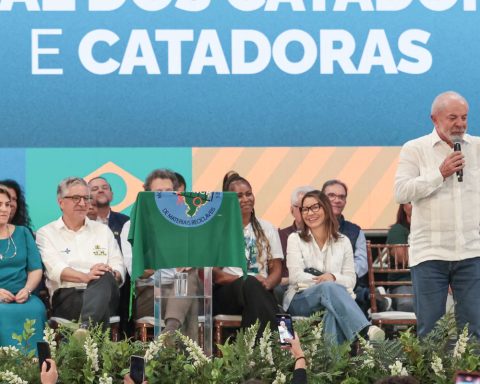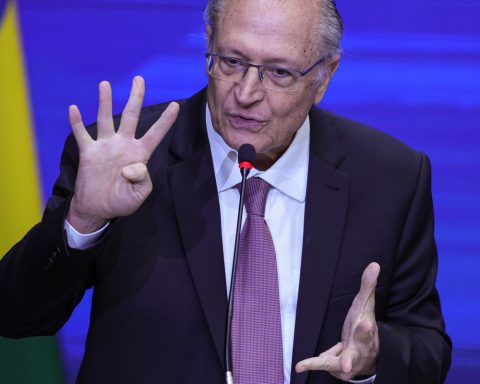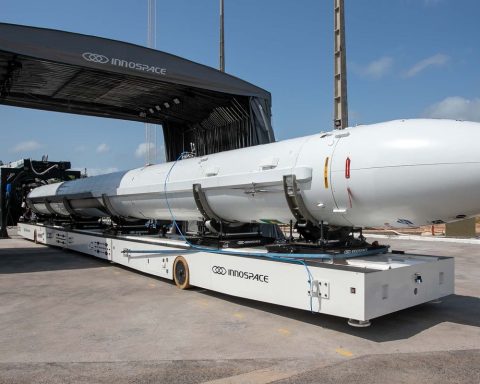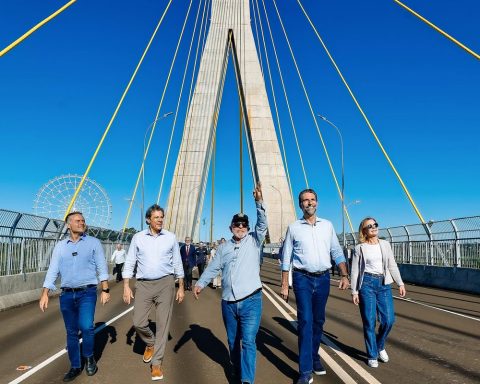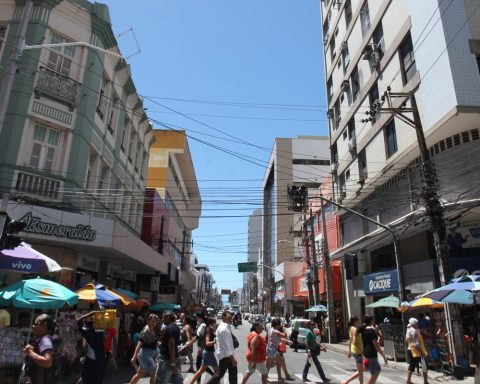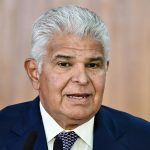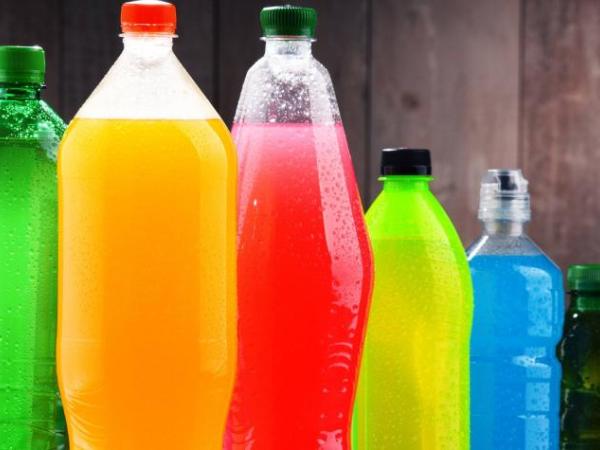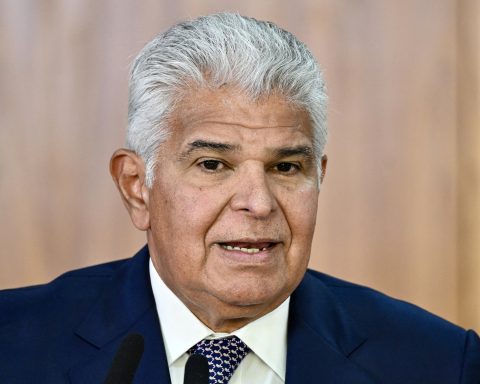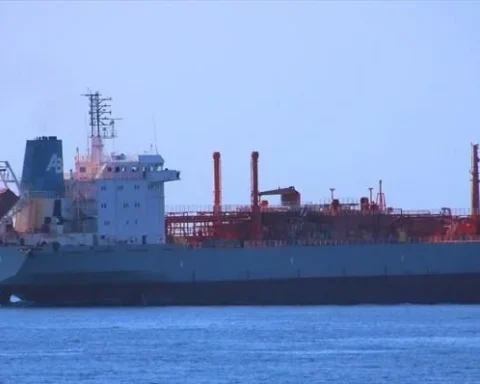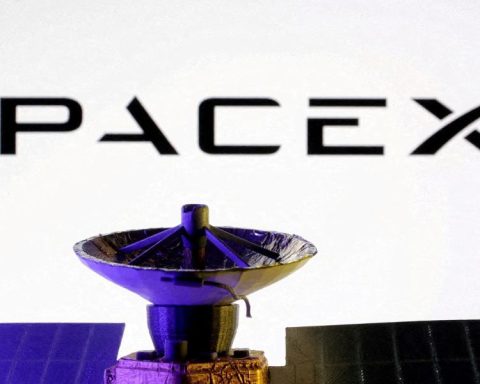The states of São Paulo, Minas Gerais, Paraná, Goiás, Rio de Janeiro, Paraná and Santa Catarina announced today (18) the reduction of the Tax on Circulation of Goods and Services (ICMS) for hydrated ethanol. In São Paulo, the rate increased from 13.3% to 9.57%, which will result in an impact of R$ 563 million in revenue by the end of the year. The waiver of revenue for the state is estimated at R$ 125.1 million per month. The government estimate is that the action will reduce the value at the pump by R$ 0.17.
In Minas Gerais, the rate increased from 16% to 9%. “In addition to easing the pockets of miners, the tax reduction will maintain the competitiveness of biofuel, an important generator of jobs in our state”, said Governor Romeu Zema, on social media. In Paraná, the ICMS on ethanol went from 18% to 12%.
In Goiás, the tax increased from 30% to 17%, which should generate a decrease of around 85 cents per liter of fuel at the pumps. For ethanol, the rate dropped from 25% to 17%, with an estimated reduction of R$ 0.38 per liter at gas stations.
Other services also had ICMS charges reduced in Goiás, such as telecommunication services (from 29% to 17%) and electricity (from 25% to 17% for low-income families and from 29% to 17% for other consumptions). ).
This reduction occurs as a result of the enactment, last week, of a constitutional amendment that provides for Union compensation for states that reduce the tax burden on biofuels. This amendment is part of the same proposal that provides for the increase of social benefits, and creation of others, until December.
Federal Fuel Act
Last month, São Paulo had already announced the reduction in the rate of gasoline, from 25% to 18%. The ICMS on electricity operations was also reduced from 25% to 18% in relation to residential accounts with monthly consumption above 200 kilowatt-hours (kWh), and communication services.
In the last week, the governments of the Rio de JaneiroSanta Catarina and Minas Gerais also announced the reduction of ICMS on fuels.
In this case, the measure meets a law passed in Congress that limits the ICMS tax rate on fuels and other items considered essential to a maximum of 18%. The law affects the ICMS rate for natural gas, electricity, communications and public transport.
So far, 11 states and the Federal District have filed a lawsuit with the Federal Supreme Court (STF) against the law that reduces ICMS. They claim they will have billions in revenue losses that could jeopardize mandatory investments in health and education.
*With information from Reuters.
